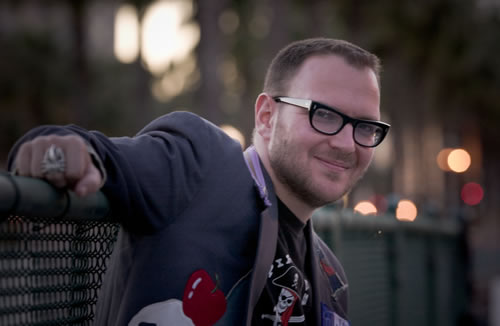






Cory Doctorow explains that redefining the norm is revolutionary. One example he talks about that stood out to me was when Marcus’s father gets “pulled over, searched, questioned. Twice,” causing him to come home three hours late (Doctorow 132).
This is a good example of redefining the norm because white people, like Marcus’s father, are never the targets of police. Stereotypically, people of Indian and African decent are the ones to get pulled aside by authorities, so it is odd that a Caucasian person, let alone a man would get pulled over. Ironically enough, Marcus’s father comes home angrier than ever, exclaiming how skewed the government was when just a couple days earlier, lectured Marcus on how they were only doing it to help.
One can interpret this as Doctorow’s way of portraying the ways in which immigrants and minorities are treated. The fact that Marcus’s dad gets pulled over is a good example of redefining the norm because it is never a Caucasian male who gets pulled over by the police, but rather (stereotypically) men of Indian or African descent. It is abnormal to see a white man being questioned by authorities, but normal to see a colored man being questioned by authorities.
Another key takeaway from this example is that people do not notice things when they are normal, but are taken aback when abnormal things happen. Redefining the norm is revolutionary because doing so is not socially accepted by any standard. When things aren’t “normal,” people feel uncomfortable. At the same time, it is hard to do something influential if nobody agrees with you, which brings me to the point that no one will agree with you if your argument isn’t “normal.” This is my way of interpreting the reason why redefining the norm is revolutionary.


